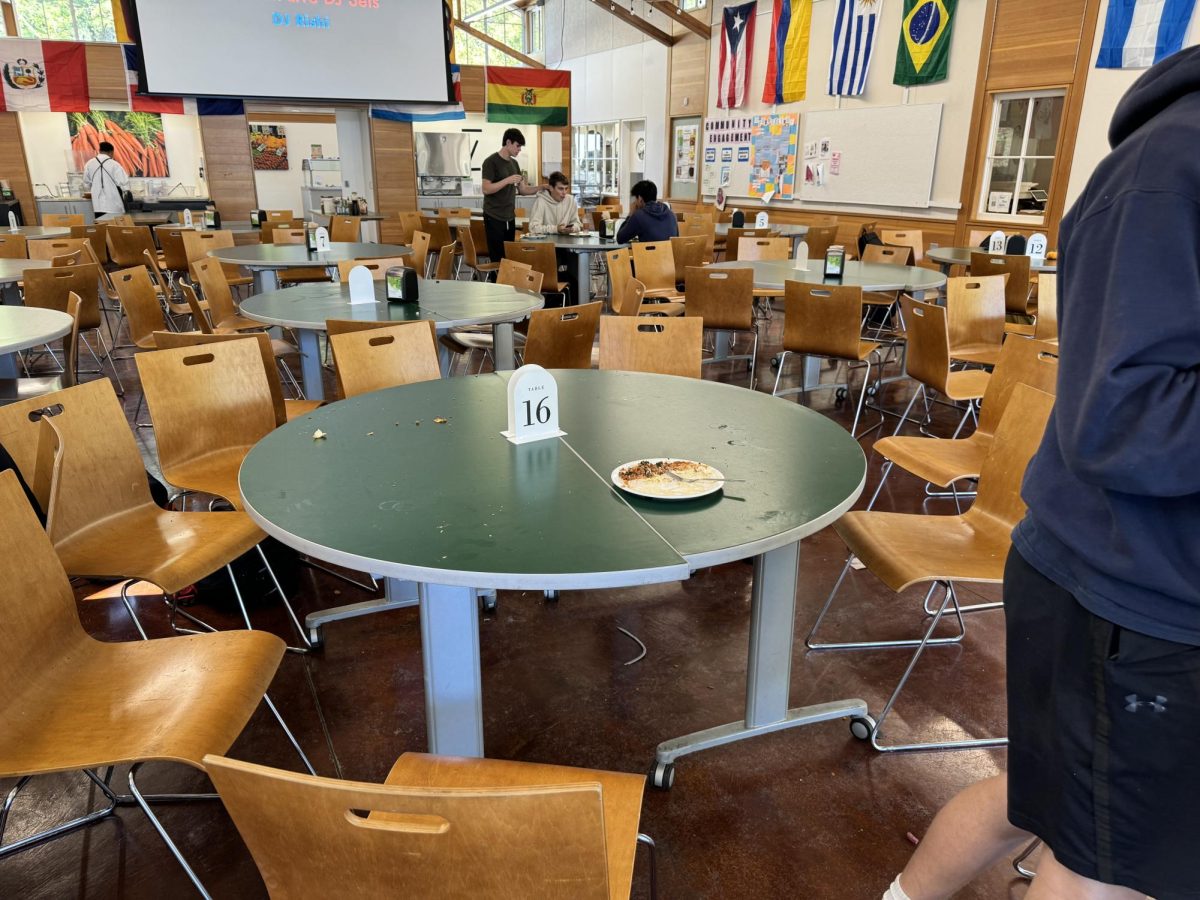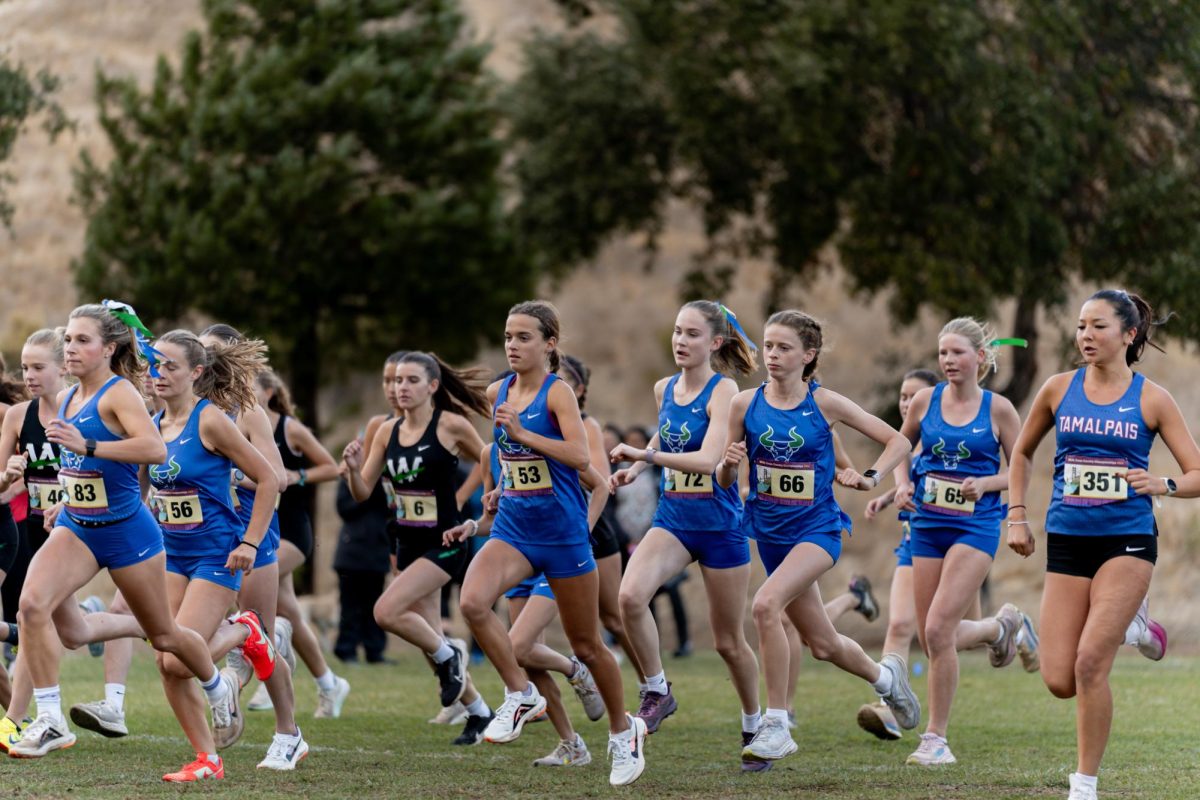The cleanliness of the commons after lunch has been an ongoing problem. By leaving the commons dirty, Branson students disrespect their community and neglect their responsibility to it. Over the years, student leaders and school administrators have tried to solve the problem, but no solution seems to stick. Therefore, this board believes that students who leave their mess on the commons tables should be required to complete more community engagement hours.
Students should clean up their space in the commons because it is their responsibility to not only the kitchen and the Campus Services staff but also everyone in the Branson community that uses the space. No one wants to clean up a pile of rice or sit down at a table with lemonade spills. By leaving a mess, a student disengages from their community.
Adding support hours would help keep students accountable for their actions. A student who has repeatedly created more work for others should make up for it by helping at a later time. Branson faculty and staff or the Community Honor Board could help assign specific support tasks to students. They should go back and help the same people they negatively impacted and understand the work it takes for the kitchen staff and Campus Services to keep the Branson spaces clean.
That said, Branson administration and the community engagement team might not want students to begin to see community engagement as a punishment. Its purpose is to have students build stronger connections to their community through support work and a different community through core work. Some might argue that using CE as punishment undermines this.
Students who leave messy tables are seemingly less engaged with their school. They aren’t fulfilling their responsibilities as members of the community. The times they choose not to clean up a spill are missed opportunities to be of help. Now they can make it up in those extra hours.
But why do we need to go to these lengths? Why are we now veering away from the incentive and positive reinforcement methods? Well, incentives treat community responsibility as a transactional exchange, rather than something we do out of respect for the community itself. A reward-based system can create the wrong mindset: students may clean up not because they understand the importance of maintaining a respectful environment, but because they want a reward. This method doesn’t foster the internal motivation or the sense of responsibility that should come with being part of a community.
When incentives are used too frequently, they can dilute the value of the goal itself. If students are only cleaning up for the sake of points or prizes, they miss the larger lesson on responsibility and consideration for others. This transactional approach also fails to address the issue in a meaningful way — students may clean up a table to earn a reward, but they’ll leave the next table dirty if there’s no immediate incentive involved.
Community engagement, on the other hand, would make the lesson personal. It forces students to engage directly with the work of maintaining a community. If a student leaves a mess, they have the opportunity to make up for that by contributing in a meaningful way to the community they’ve impacted. The result? A more lasting understanding of their role in keeping the commons, and Branson as a whole, a respectful, welcoming space.



